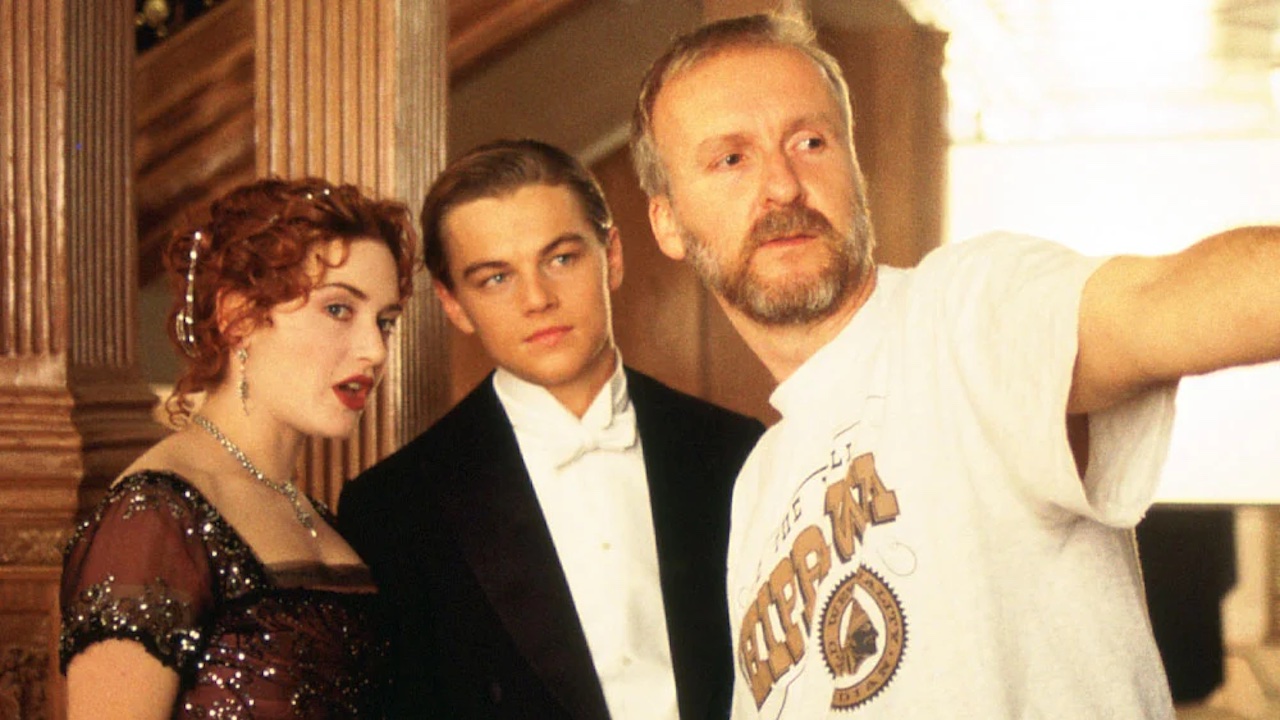James Cameron Gets Real About Screening Titanic And How That Was The Movie Where Everything Changed In Terms Of Leaks
How Titanic early screenings were the start of movie leaks.

James Cameron first graced us with Titanic in 1997, which became one of the top 10 highest-grossing movies of all time. This disaster flick may not have been disastrous critically and financially, but it did have a messy start before it hit theaters. The Canadian director gets honest about what the screening process of Titanic was like and that his movie was the start of movie leaks.
Back before the internet, movies would be first seen privately by a test audience with feedback given only to the makers of a movie. Nowadays, it’s so hard for anything to be private on the internet whether it’s secret casting news or bootleg copies of the movie as a whole. At IndieWire’s Beyond Fest panel, James Cameron spoke about how his blockbuster flick Titanic was the first movie to experience internet leaks from test screenings.
The first major leaks came on Titanic. Ain’t It Cool News? That’s the first time they started leaking information from test screenings, which was a big thing. But this was still where you thought you could sort of go out someplace and have like a little laboratory and get some market research.
It didn’t help that James Cameron was unfamiliar with the testing process since his previous films like The Terminator and Aliens didn’t go through that. It was hard for him to interpret the data received from the feedback cards he was given. Before Titanic was released, it was a stressful time for Cameron and everyone else who worked on the movie. Some behind-the-scenes facts about the epic movie were that there was speculation the movie would fail due to its release date being pushed to December 1997 instead of July. Even though the release date delay was for the purpose of finalizing the special effects, the epic-scaled film was predicted to be heading for disaster.
Titanic also experienced early bad press when rumors surfaced of harsh working conditions inflicted on the cast and crew and the film being heavily over budget. Fortunately, the negative press didn’t stop James Cameron who had a lot of faith in his movie. His strategy for saving Titanic from bad press was to let those harsh waves of negativity come at you and then let them pass. It was sound advice as, according to the Media Awareness Network, the internet talk spoke positively about the movie from the Minneapolis preview screening. It took test audiences seeing the movie with their own eyes to know you can’t always listen to pessimism from the press and audiences would surely be in for an unforgettable movie experience.
The Best Picture winner may have been one of the first movies to experience internet leaks, but it wasn’t the last. For example, an earlier draft of the Deadpool script was leaked in October 2010 but got positive reviews from those who read it. 20th Century Fox undertook damage control by even going as far as to sue a struggling mom accused of distributing the script. And we can’t forget about the Sony Pictures Entertainment hack when four of its then-upcoming movies leaked on the internet like Annie, Mr. Turner, Still Alice, and To Write Love on Her Arms. The hackers Guardians of Peace also leaked the company’s confidential files and demanded the political satire The Interview to be canceled. With the internet being a powerful force for leakage, it can be hard for anything to be a surprise anymore.
Test screenings and film leakings for Titanic may have been a new experience for James Cameron, but it appears that the box office hit more than recovered from those hurdles. You have the chance to revisit the 1997 hit available on your Netflix subscription.
Your Daily Blend of Entertainment News

Just your average South Floridian cinephile who believes the pen is mightier than the sword.
